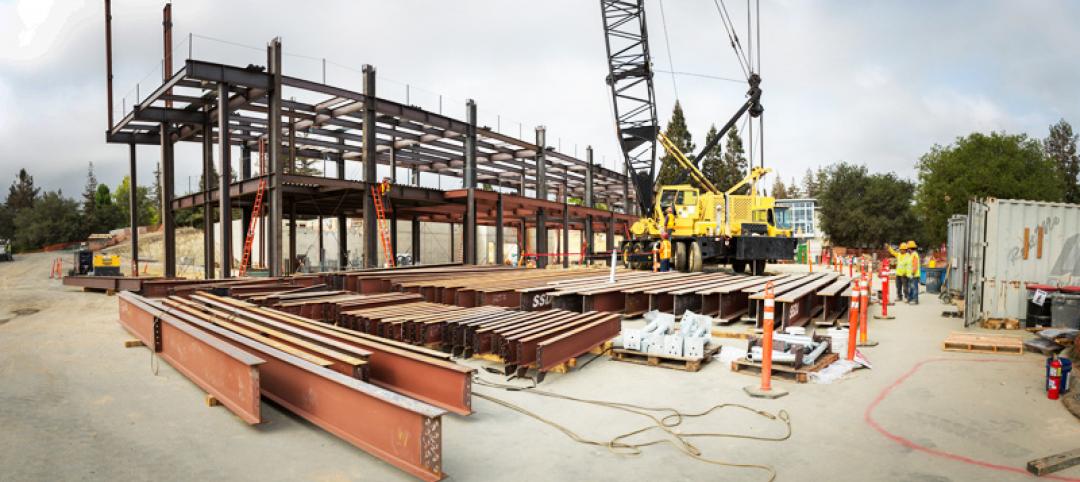The Washington, D.C., practice of global design firm Perkins&Will has pledged to eliminate embodied carbon in every commercial interiors space it designs by 2030.
“We’re setting this ambitious benchmark as a necessary response to the global climate crisis,” says Perkins&Will architect and sustainability expert Jon Penndorf. “We believe the District of Columbia and surrounding communities can lead the way for the rest of the country.”
Embodied carbon is an aggregate of all emissions released during ingredient extraction, product manufacturing, transportation, and end-of-life reuse or non-use. Statistics suggest embodied carbon is responsible for 11% of all global greenhouse gas emissions annually, the firm says. In the building sector, it accounts for more than a quarter of emissions.
“It’s been ingrained in architects and designers to think of heating and cooling as the biggest culprit, some of the worst climate change offenders—our building materials—are hidden in plain sight,” says Perkins&Will architect Rod Letonja. The problem is compounded by interior renovations and new tenant fit-outs. Old interior building materials frequently get discarded rather than reused, and with large leases turning over every 10 years on average, the emissions impact increases over time.
Related Stories
Codes and Standards | Jun 4, 2015
NIBS, RICS to explore P3 as tool to achieve high-performance buildings
The idea of applying the P3 concept more to buildings, and especially building performance, is a potentially promising new avenue in the U.S., according to the trade groups.
University Buildings | May 30, 2015
Texas senate approves $3 billion in bonds for university construction
For the first time in nearly a decade, Texas universities could soon have some state money for construction.
Multifamily Housing | May 30, 2015
Energy Department releases resources to assess building energy benchmarking policies, programs
The new handbook demonstrates methodologies using real data from New York City.
Codes and Standards | May 27, 2015
Construction industry concerns with ‘Waters of the U.S.’ rule remain
EPA and Corps of Engineers rule may lead to a longer, more expensive permitting process
Codes and Standards | May 22, 2015
Rapid growth for environmental insurance in construction industry
The U.S. Environmental Protection Agency is paying closer attention to intrusion of potentially harmful vapors into commercial and residential buildings.
Codes and Standards | May 22, 2015
Roof collapse at Minnesota water park highlights failure to enforce codes
Rural areas say they can’t afford to enforce state-adopted building code.
Codes and Standards | May 22, 2015
U.S. House scuttles EPA plan to expand definition of waters in Clean Water Act
Construction industry officials said the rule would hamper developers, cost jobs.
Codes and Standards | May 22, 2015
First EPD covering PVC water and wastewater piping published
Benchmarks impacts of seven PVC pipe products across their life cycles.
Office Buildings | May 18, 2015
New ASHRAE standard offers test method to determine heat gain of office equipment
The standard will aid engineers in configuring cooling systems in office buildings.
Codes and Standards | May 7, 2015
Widespread damage from Nepal earthquake due to poor implementation of building code
Nepal’s code author says destruction was ‘inevitable.’














